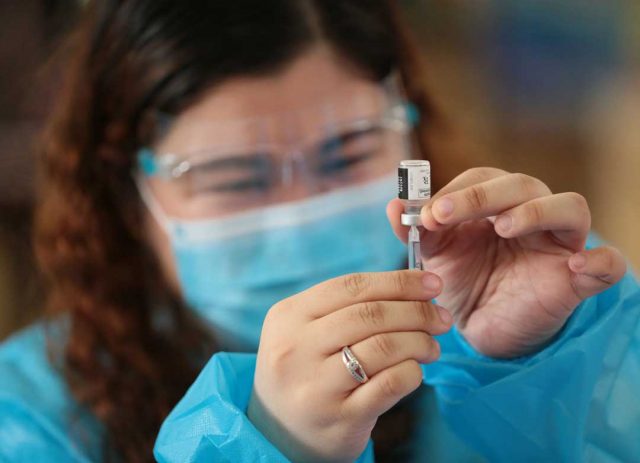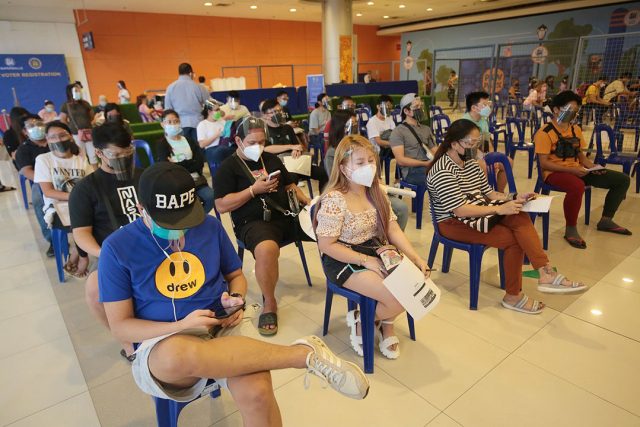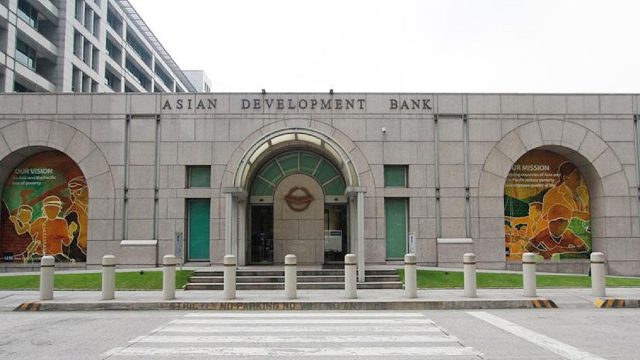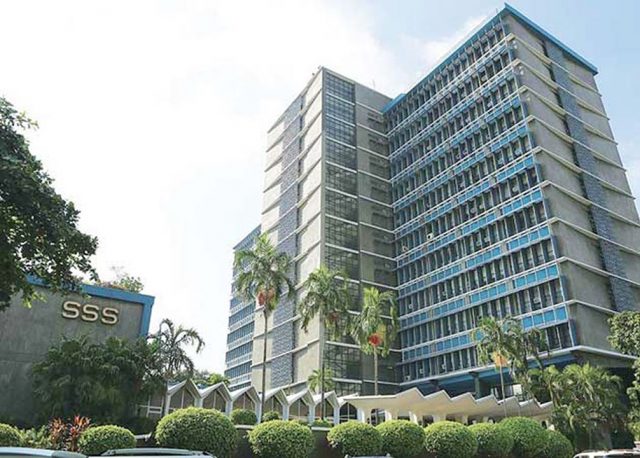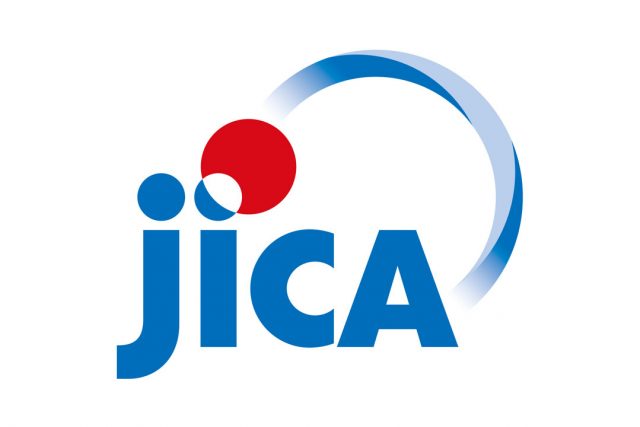Gov’t may hire more workers to vaccinate children next month
THE GOVERNMENT may hire more vaccinators as the country starts giving minors coronavirus vaccine shots next month, according to the Department of Health (DoH).
The workers are also needed to help give health workers, senior citizens and seriously ill people booster shots, Health Undersecretary Maria Rosario S. Vergeire told the ABS-CBN News Channel on Thursday.
“We are going to add additional sectors of the population to be vaccinated,” she said. “That would be about 12.7 million children, and then for these boosters we’re going to initially start with senior citizens, immunocompromised and healthcare workers.”
The Philippines targets to inoculate at least 50% of its adult population by yearend. As of Oct. 27, 57.5 million coronavirus vaccines had been given out. More than 26 million people have been fully vaccinated.
Earlier this week, Health Secretary Francisco T. Duque III signed a recommendation from health experts to give health workers and other priority groups booster shots against the coronavirus.
Health Undersecretary Maria Rosario S. Vergeire said the assessments signed by the health chief were “interim recommendations to guide sectoral planning.”
In a statement, Ms. Vergeire said the recommendation would be updated, pending review by the Philippine Food and Drug Administration (FDA) of emergency use approvals for various coronavirus vaccines and recommendations by the World Health Organization.
The Philippines will start vaccinating children aged 12 to 17 starting Nov. 3. The government started inoculating seriously ill kids in the capital region this month.
Health Undersecretary Myrna C. Cabotaje said this is in line with a plan to resume face-to-face classes on Nov. 15. The inoculation of children may encourage other family members to get vaccinated, she added.
“Now that the children are okay, maybe the whole family will be encouraged to get vaccinated,” she told an online news briefing.
Meanwhile, the Philippines remains the worst place to be in during the coronavirus pandemic despite a downward trend in infections, according to a Bloomberg study that measured the resilience and response of economies to the global health crisis.
The Philippines placed last among 53 countries for a second month in a row in Bloomberg’s latest monthly COVID-19 resilience ranking.
The Philippines, which got a score of 40.5, was behind Indonesia (48th), Malaysia (50th), Thailand (51st) and Vietnam (52nd).
“While other Southeast Asian nations also continue to be ranked low among the 53 economies tracked, the Philippines fares among the worst on vaccine coverage, with just 26% of the population covered amid challenges in bringing shots to areas outside of the big cities,” Bloomberg said.
Ireland, which got a score of 75.1, remained the best place to go amid the pandemic. Spain, the United Arab Emirates, Denmark, Finland, Norway, France, Chile, Switzerland and the Netherlands were also in the top 10.
The ranking was unfair and biased, Interior and Local Government Undersecretary Jonathan E. Malaya told the ABS-CBN News Channel.
“No. 1, it doesn’t cover all countries,” he said. “It’s unfair to characterize our country as the lowest because we’re not the lowest in the world.”
“The countries they chose were mostly Western countries, which puts us at a disadvantage,” he added.
Bloomberg’s monthly ranking is based on a country’s coronavirus numbers, healthcare quality, vaccination coverage and progress in restarting travel and easing border curbs. — Kyle Aristophere T. Atienza

